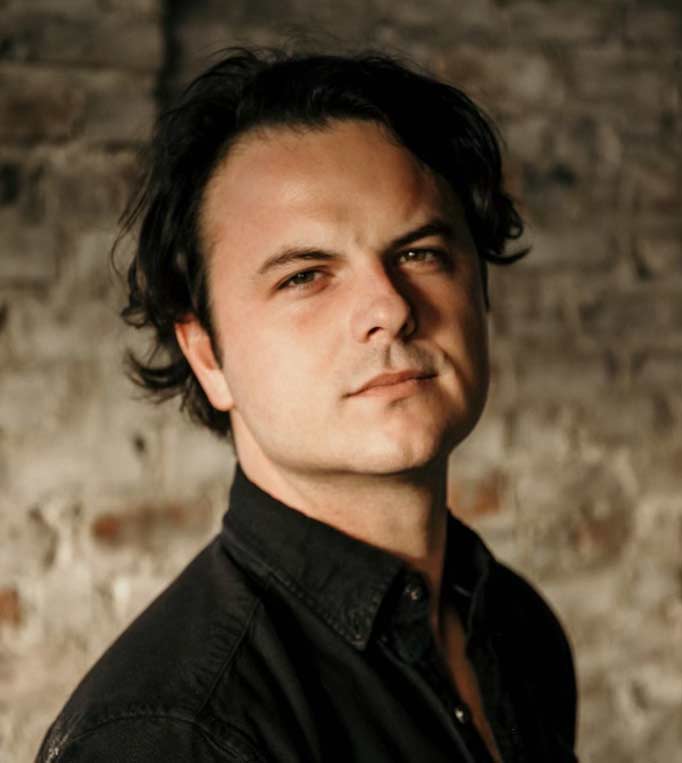Travis Crabtree
Degree Programs: M.U.D. ’16
Current Employer: Ecoshed
Job title: Managing Partner

Master of Urban Design
“I’ve realized that my urban design education infused with my technical landscape architecture background has given me a refined methodological approach to the profession that I consider to be invaluable.”
What made you choose Taubman College?
I chose Taubman College for the Master of Urban Design program’s emphasis on the post-industrial city. Detroit and other Rust Belt cities have a unique context and set of conditions that interested me. Before starting graduate school, I knew Detroit for its large volume of abandoned land and how it was being appropriated for ecological and agrarian purposes. I was curious about Detroit’s urbanism opportunities associated with land reactivation combined with the incredible amount of energy in community groups and small entrepreneurial startups.
Tell us about your career path/trajectory and any specific projects of interest.
After graduation I became a research associate under Geoffrey Thün and Kathy Velikov at their research-based interdisciplinary design practice, RVTR. I concentrated on geospatial-data aggregation and representation for projects. My specialization role in cartographic analysis and planning gave me the opportunity to collaborate with a mix of professionals like mobility experts, food entrepreneurs, health specialists, geologists, and archeologists.
I’m currently involved in multiple entrepreneurial ventures. My partner, Salam Rida, M.Arch ‘17, B.A. ‘11, and I started an interdisciplinary company called Carbon Office that practices architecture, landscape architecture, urbanism, real estate development, and sustainability consulting. Our largest project is an adaptive reuse project of an industrial building in Jackson, Mississippi, that we are acting as real estate developers on. The project is a mixed-use development with an emphasis on “urban agro-tourism.” Our work is concentrated around environmental concerns with design responses that explore ecological performance, creative economic development strategies, and forming innovative social environments.
What was the most invaluable component of your M.U.D. degree program at Taubman College?
The ability to critically think about the various ingredients that go into constructing the built environment is a general skill that has application to all my work. Taubman College gave me the opportunity to exercise the design polemics I was interested in and have them questioned by a range of architectural professionals with various research interests. I’ve realized that my urban design education infused with my technical landscape architecture background has given me a refined methodological approach to the profession that I consider to be invaluable.
What advice, if any, would you give a student considering the program at U-M?
I would highly encourage anyone considering the program to have some pre-existing research interests that you would like to explore. It can give you an advantage in your class. The program will provide you with multiple perspectives on how to approach urban design and having an established research interest will help even if it changes dramatically during your graduate experience.





